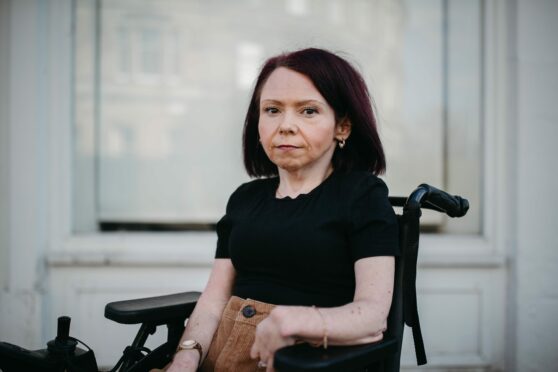
I remember my transition from school to adulthood. It was stressful, drawn out, confusing, and more worryingly, every one of my aspirations were met with barriers, inaction and delay. My family and I spent years as project managers in our lives; coordinating services and systems, fighting for our rights, rather than living our lives.
That was nearly 25 years ago. Everything I have heard from young disabled people and their families today suggests things have not improved, indeed, mostly they have got worse. I don’t want another young disabled person to be held back by our inability to plan for and support them. That’s why I’m bringing the Disabled Children and Young People’s Transitions to Adulthood Bill to Parliament. And this summer, I’ll be travelling the country, listening and talking to disabled people and their families about their experience and why change matters.
Empowering and supporting young disabled people at this point in their lives will mean people will be able to play a full part in their community, open up employment opportunities and create a fairer society; and it is something we must do if we are to create a Scotland where everyone has a fighting chance to live up to their full potential.
For me, the facts show loud and clear that we’re failing them.
Charity: We must do more to ease path of disabled young Scots into adulthood and let them flourish
Young disabled people are five times more likely to leave school without qualifications. The disability employment gap has widened; and it is wider than elsewhere in the UK. The employment rate for non-disabled people is 80.6%, for disabled people it is 46.9%. And at age 16, the aspirations of young disabled people and young people who are not disabled, are broadly the same. But by age 26, disabled people are three times more likely to feel hopeless, believing that “whatever I do has no real effect on what happens to me”. What a tragic loss of potential.
We’re failing them at a crucial point in their life. We are stripping them of their hopes before they’ve even started to make them a reality. They deserve better, they deserve a fighting chance and support to realise their dreams and, more importantly, their human rights.
The bill I have brought will help. It will make it a ministerial responsibility to publish and report on a National Transitions Strategy that will ensure young disabled people get that fighting chance.
It will mean local authorities will need to start early to prepare transitions plans for young disabled people in their areas. And it will require the various authorities involved in disabled people’s lives to work together to deliver the aims and objectives of the strategy. Ultimately, the bill will mean government and authorities across Scotland will be accountable for their actions delivering a better future for disabled people.
Camphill Scotland and Inclusion Scotland are working with me to get the bill through. These organisations, along with others in the third sector, have led the way in campaigning for the rights of young disabled people and I’m proud to work with them.
I’ve been blown away by the support we’ve had so far from outside and inside the parliament, across parties. I hope and believe my parliamentary colleagues, across the chamber, will work with me to do this. We all believe Scotland must be a place where young disabled people do have a fighting chance at a future. I look forward to working with everyone to make that so.
Pam Duncan-Glancy is Scottish Labour MSP for Glasgow Region and party spokeswoman on Social Justice & Social Security

Enjoy the convenience of having The Sunday Post delivered as a digital ePaper straight to your smartphone, tablet or computer.
Subscribe for only £5.49 a month and enjoy all the benefits of the printed paper as a digital replica.
Subscribe